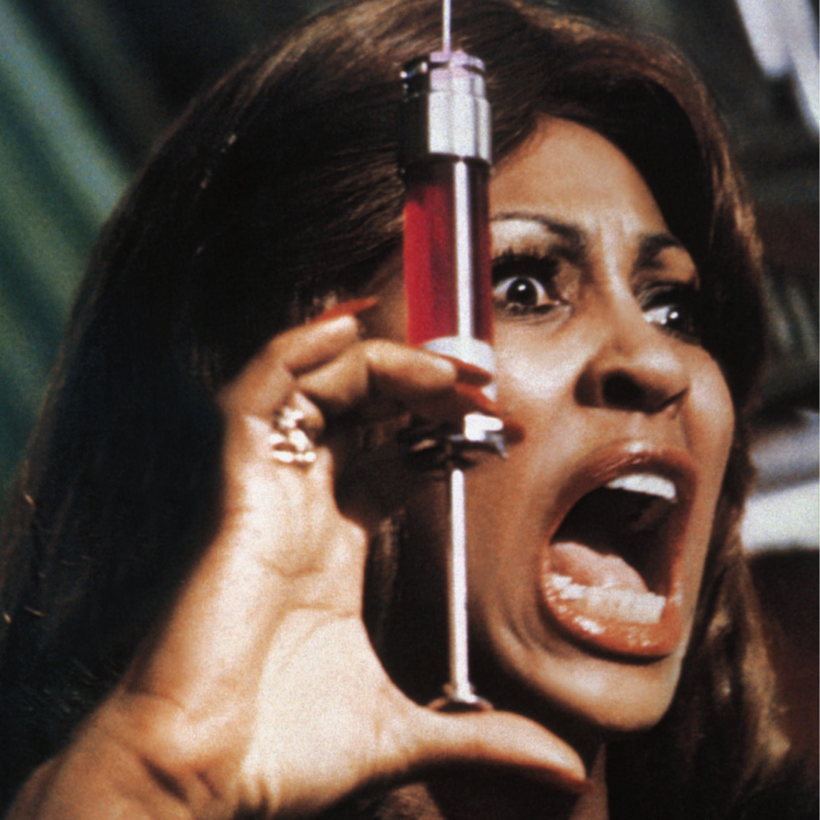One of the most enduring strategies in politics and in life is to blame everyone but yourself. So, nearly a year after Donald Trump’s failed election bid, it’s no surprise that certain members of his former administration cling to the belief that at least some of the blame for that loss should fall on the shoulders of Albert Bourla, the C.E.O. of Pfizer.
Their thinking goes like this: Last spring, Bourla refused to take part in Operation Warp Speed, Trump’s public-private government initiative designed to facilitate the development, manufacture, and distribution of a coronavirus vaccine. Instead, he would end up spending $2 billion of Pfizer’s own money on a vaccine against the virus.
The company’s accelerated testing protocol would ensure that the results of its blinded clinical trial would be unveiled before those of its chief mRNA-vaccine competitor, Moderna Therapeutics. On September 29 of last year, Bourla confidently told The Washington Post that the first peek at its clinical-trial data might come in late October. If the vaccine worked, the company would immediately submit a filing to the Food and Drug Administration for emergency authorization.
Then the ground started shifting. As Trump launched one of his bizarre public attacks, this one aimed at the F.D.A., American trust in the supercharged vaccine-development process plummeted. The F.D.A. started talking about wanting more safety data on the vaccines, and Pfizer hit the brakes on its timeline.
“Obviously, they are hoping to delay the answer until after November 3rd,” Trump complained about the F.D.A. on his favorite forum, Twitter. In an open letter to his employees, Bourla took the high road, vowing that the company would move at “the speed of science.”

When Pfizer’s positive data were posted on Monday, November 9, they included nearly three times the number of data points that the company initially said it would gather. Trump tweeted that Pfizer “didn’t have the courage” to announce its results before the election.
Many months later, as I was researching my book on the vaccine race, The First Shots, out this week, I continued to hear former members of the Trump administration gripe about Pfizer’s actions. While I never took their grievances too seriously, I also realized there was something missing in Pfizer’s own virtuous version of events—they just weren’t coming out and saying it.
The Other Half of the Story
Throughout my reporting, I had regularly been talking to Peter Marks, the nerdy doctor who heads up the branch of the F.D.A. that evaluates vaccines. As my book deadline neared in May of this year, Marks and I got to chatting about the Trump team’s continued animosity toward Pfizer.
He exploded about how ridiculous it all was. And he told me something I hadn’t heard before: Back in early October 2020, when the winter coronavirus wave was starting to swell, C.E.O. Bourla seemed concerned that Pfizer was going to unblind its data too early and end up with a pig. “He was worried that it was going to be an embarrassment for the company,” Marks told me.
Marks pointed out that Pfizer hadn’t just changed when it would look at the data, as the Trump team had complained about. It had also changed how it would assess whether the vaccine worked. That was a telling detail.
Clinical-trial protocols have to be agreed upon in advance with the F.D.A., and changing a protocol in an ongoing trial, especially one that is on the cusp of completion, was a fraught decision for Pfizer. Moving that goal line would make an uncertain population even more skeptical of the company’s vaccine. It might even look like the company had cheated and peaked behind the curtain at data that is supposed to remain blinded until a pre-determined trigger point.
Marks explained that Pfizer’s competitors, including Moderna, were all planning to grade the performance of their vaccines by counting up the number of breakthrough infections that occurred starting 14 days after a person’s second dose. But Pfizer, in its efforts to move as quickly as possible, had planned to give the vaccine just seven days to start working.
Then Pfizer’s scientists received some concerning data suggesting that elderly individuals might not have developed a full immune response to its vaccine at seven days. During a phone call with Marks, Bourla said he wanted the F.D.A.’s permission to bring Pfizer’s protocol in line with Moderna’s. It took several weeks of negotiations with regulators in Marks’s office, but Pfizer eventually received approval to evaluate its vaccine at both time points.
For Marks, that risky bid was proof that Pfizer was desperate to slow down in order to save its investment. That wasn’t necessarily something that the company wanted to shout from the rooftops. “This was not done because anyone wanted to hurt Donald Trump,” Marks said. “It’s because [Bourla] had an obligation to do the best by his shareholders.”
Unlike our former president, Pfizer’s vaccine would have been a winner with or without a recount: it was more than 90 percent effective just 11 days after the first dose.
Brendan Borrell’s The First Shots: The Epic Rivalries and Heroic Science Behind the Race to the Coronavirus Vaccine is out now from Mariner Books

